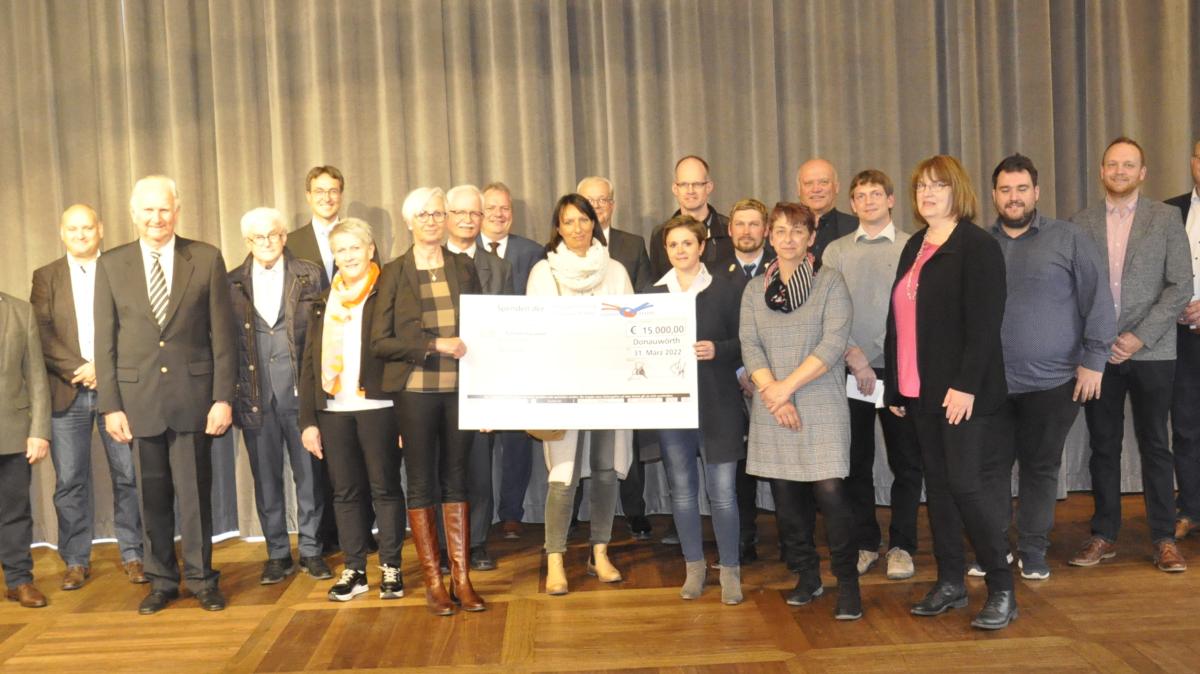The situation that the ceramic industry is going through is “emergency”, as highlighted by the Ascer tile employer, which points out that the problem has been “alarming” since the autumn of last year. Through a press release it is denounced that the crisis caused by the increase in the energy bill adds, among others, “the supply problems of clay and kaolin, the rise in prices of raw materials in general and the rise in freight cost”. In this sense, the president of Ascer, Vicente Nomdedeu, is blunt: “We are in the middle of a perfect storm, and the Government continues without reacting or announcing measures, the loss of confidence of the sectors is notorious.”
The companies in the ceramic sector, despite having increased the prices of their products, are absorbing a large part of the increase in costs -not only for energy but also for other raw materials- to the detriment of their income statements and profitability to deal with to maintain its international competitiveness. This situation is not unsustainable if it continues over time, “compromising the viability of companies in the sector and forcing measures to be taken to limit the impact with production stoppages and ERTE”, Ascer underlines. In fact, the same sources point out that from January 1 to March 15, a total of 20 ERTEs with 3,490 affected workers have been registered among the companies that produce ceramic flooring and cladding. “There are numerous files that are being negotiated and that are going to be presented in the coming weeks, and could become job losses if the situation does not improve,” Nomdedeu points out.
Precisely, the president of Ascer states that for tile companies «it is not easy to transfer the increase in our production costs directly to the sale price. We must not forget that we operate in a global market and that 75% of our sales are exported, and we compete both with third countries with lower production costs, and with other substitute coating products». In this sense, Nomdedeu points out that there will come a point “when the client will not accept more increases in product prices with the consequent loss of the market.”
From the sector, a series of measures have been transferred to the Government to stop this bleeding in the gas-intensive industry, the great forgotten in this crisis. “The government is putting the focus on cutting the price of electricity and designing measures for electro-intensive industries, but unfortunately our sector is very affected by gas and we have not seen so far any measure aimed at reducing gas bills for the industry”.
In fact, the Government of Spain approved a Royal Decree last Wednesday to respond to the economic and social consequences of the invasion of Ukraine that Ascer did not like “due to the low ambition of the package of measures.” In addition, and as explained by the employers, “the approved text generates doubts regarding its application and suffers from a certain lack of definition that creates uncertainty in companies at a time when the economy needs the opposite.”
The amounts of the aid are established according to the number of employees, with a maximum of 5,000 euros per employee for the ceramic sectors and with a cap per bonus company in any case of 400,000 euros. Thus, a typical company in the sector could receive a maximum of 400,000 euros, an insignificant figure if we take into account that the average monthly gas bill for the last period may be around 2 million euros. The average number of employees in the industry is 103 employees, but we must not forget that in addition to SMEs we have large companies that far exceed that figure and that they will be penalized in the calculation. Aid from which the manufacturers of frits, glazes and ceramic dyes have been excluded.
“In the sector we expected a more forceful response and with more measures that have remained in the pipeline, such as the reduction of gas tolls, the elimination of taxes on hydrocarbons or payment moratoriums for companies affected by the energy crisis, all of them measures aimed at give liquidity to companies and thus be able to maintain production and employment”, points out the general secretary of Ascer, Alberto Echavarría. Exceptional measures aimed at giving companies liquidity and thus being able to maintain production and employment.
In short, and by way of summary, Ascer warns, once again, that the impact of the increase in energy costs, especially gas, is unsustainable for the tile industry “and is leading to production stoppages and sensitive losses in the profitability of companies that see their economic viability compromised.
The Spanish ceramic tile manufacturing sector is an industry with great weight in the Valencian and Spanish economy. The ceramic industry represents 14.4% of the industrial GDP of the Valencian Community and more than 20% of the total GDP of the province of Castelló. The cluster has a very important tractor and multiplier effect since, according to data corresponding to 2019, for each euro of direct GDP of the sector it contributes €2.1 of additional GDP to the Spanish economy.
–


